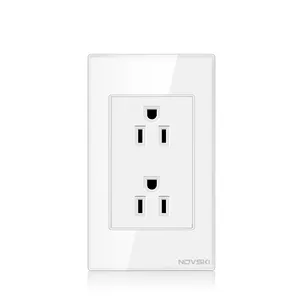
EU & chúng tôi cắm adapter 2 pin AC điện du lịch chuyển đổi Euro Châu Âu & Mỹ Outlet Đánh giá hiện tại 15A adaptador corriente

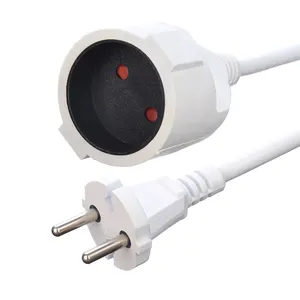
Nhà máy trực tiếp VDE 10A chất lượng dây điện & dây mở rộng trắng 2 Pin phích cắm & ổ cắm cho các thiết bị gia dụng cung cấp điện

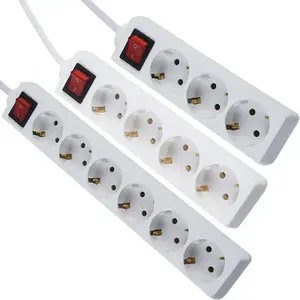
3/4/5/6 Outlet EU cắm điện dải nhôm/đồng tùy chỉnh H05VV-F 3x1. 25mm2 mở rộng Hội Đồng Quản trị cáp với bảo vệ tăng



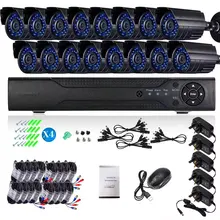








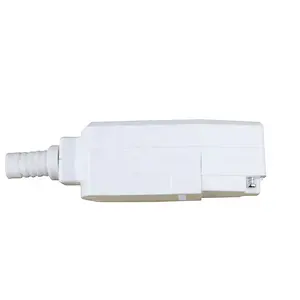
















 浙公网安备 33010002000092号
浙公网安备 33010002000092号 浙B2-20120091-4
浙B2-20120091-4